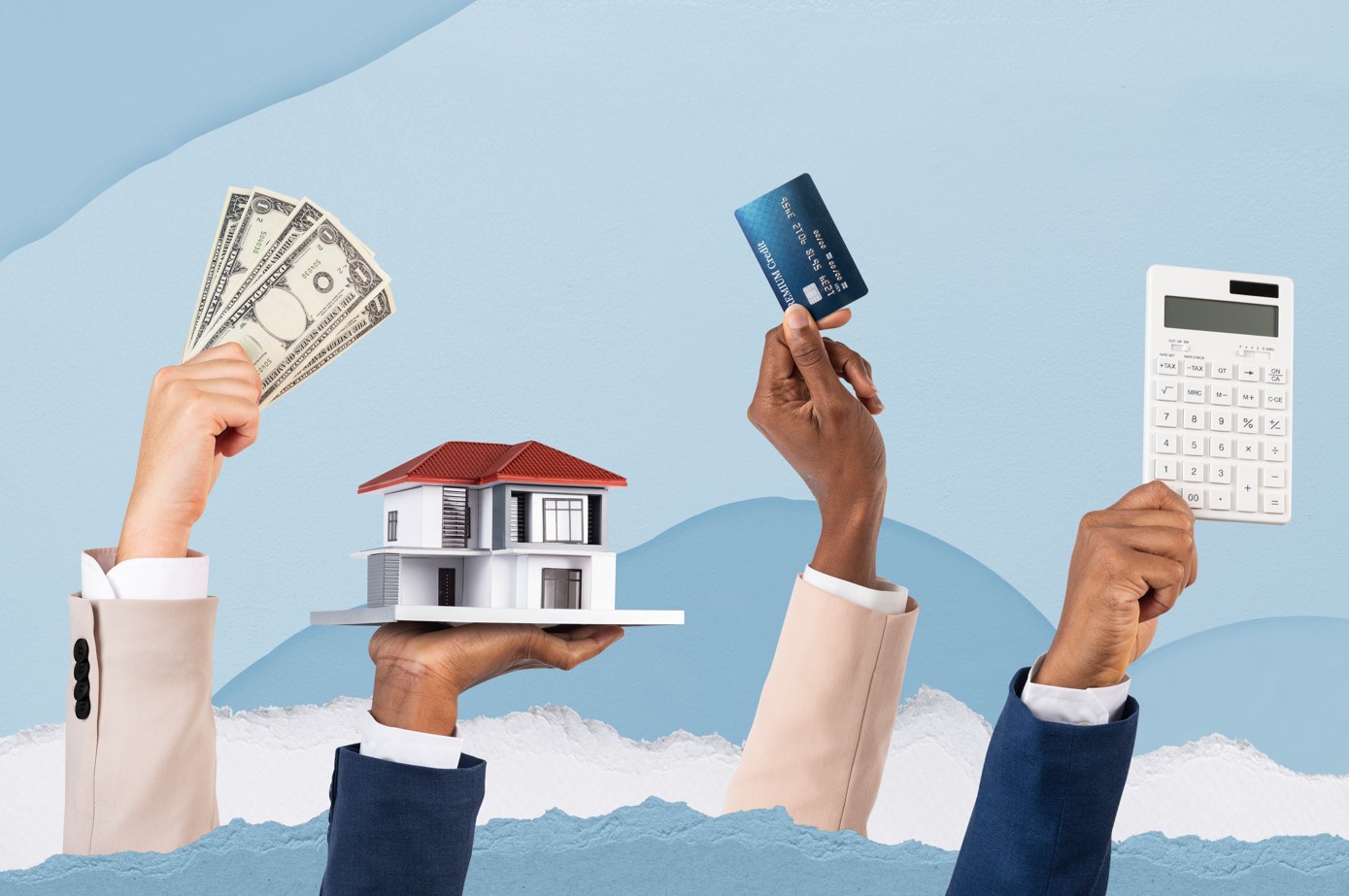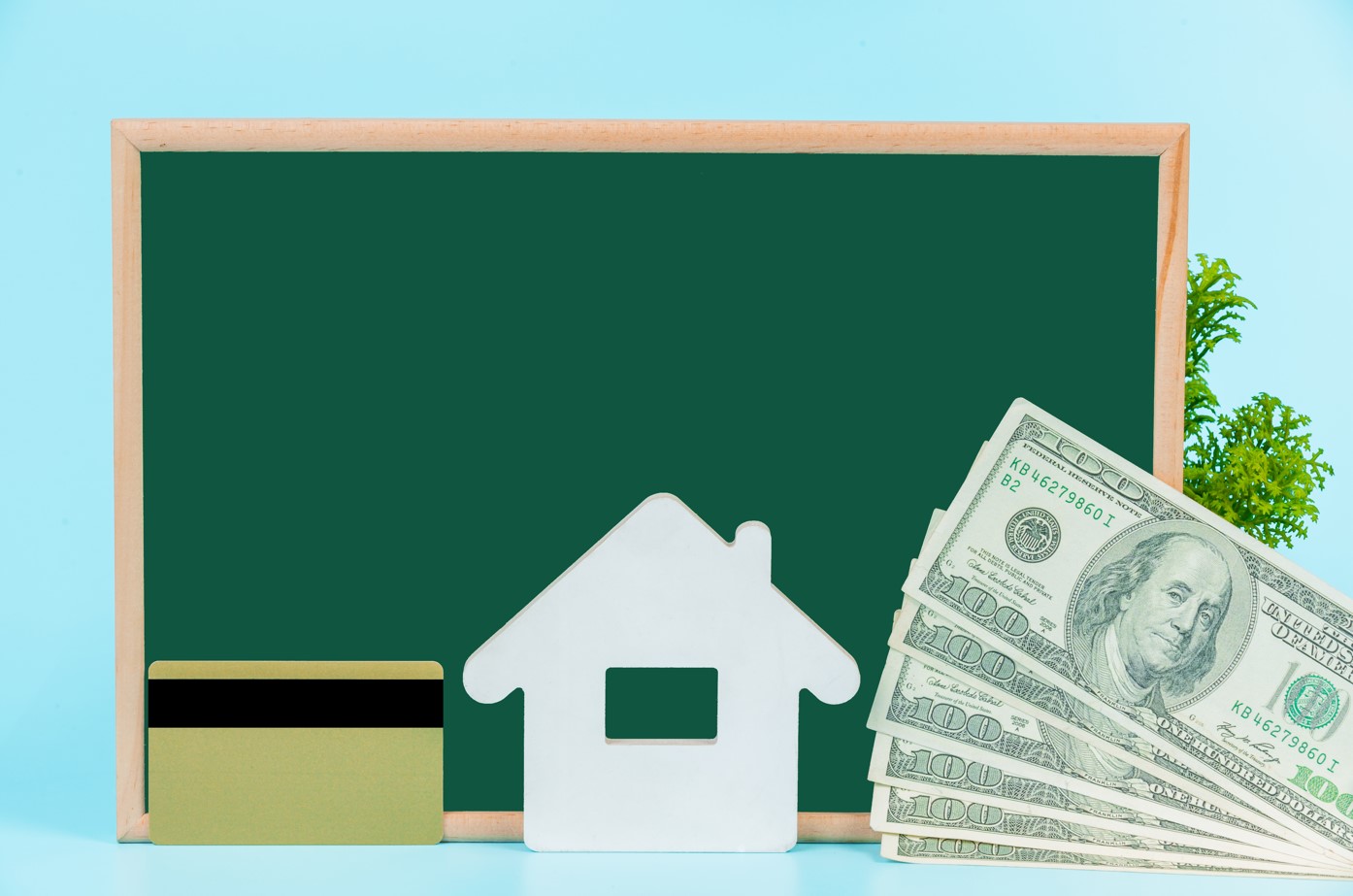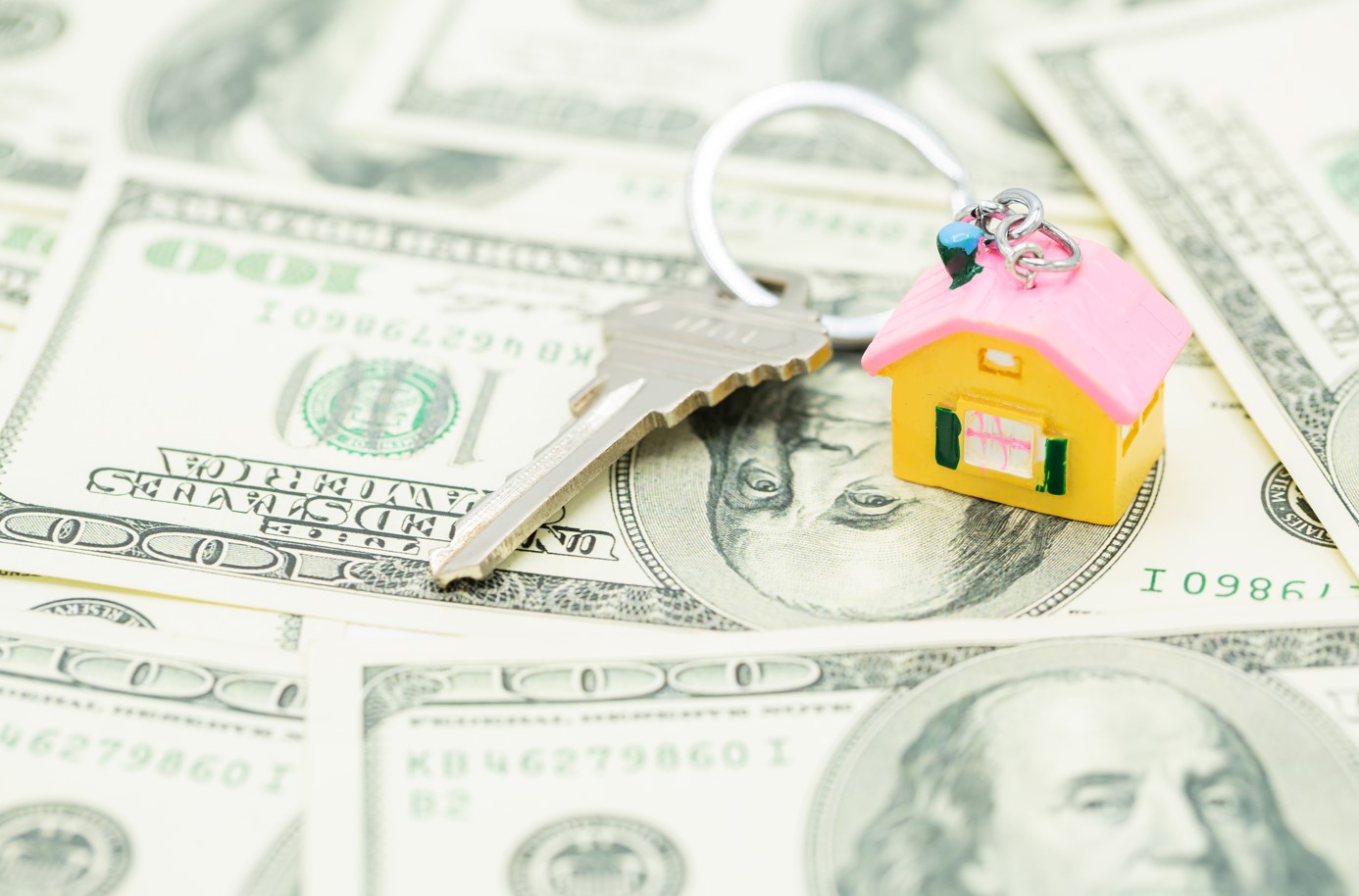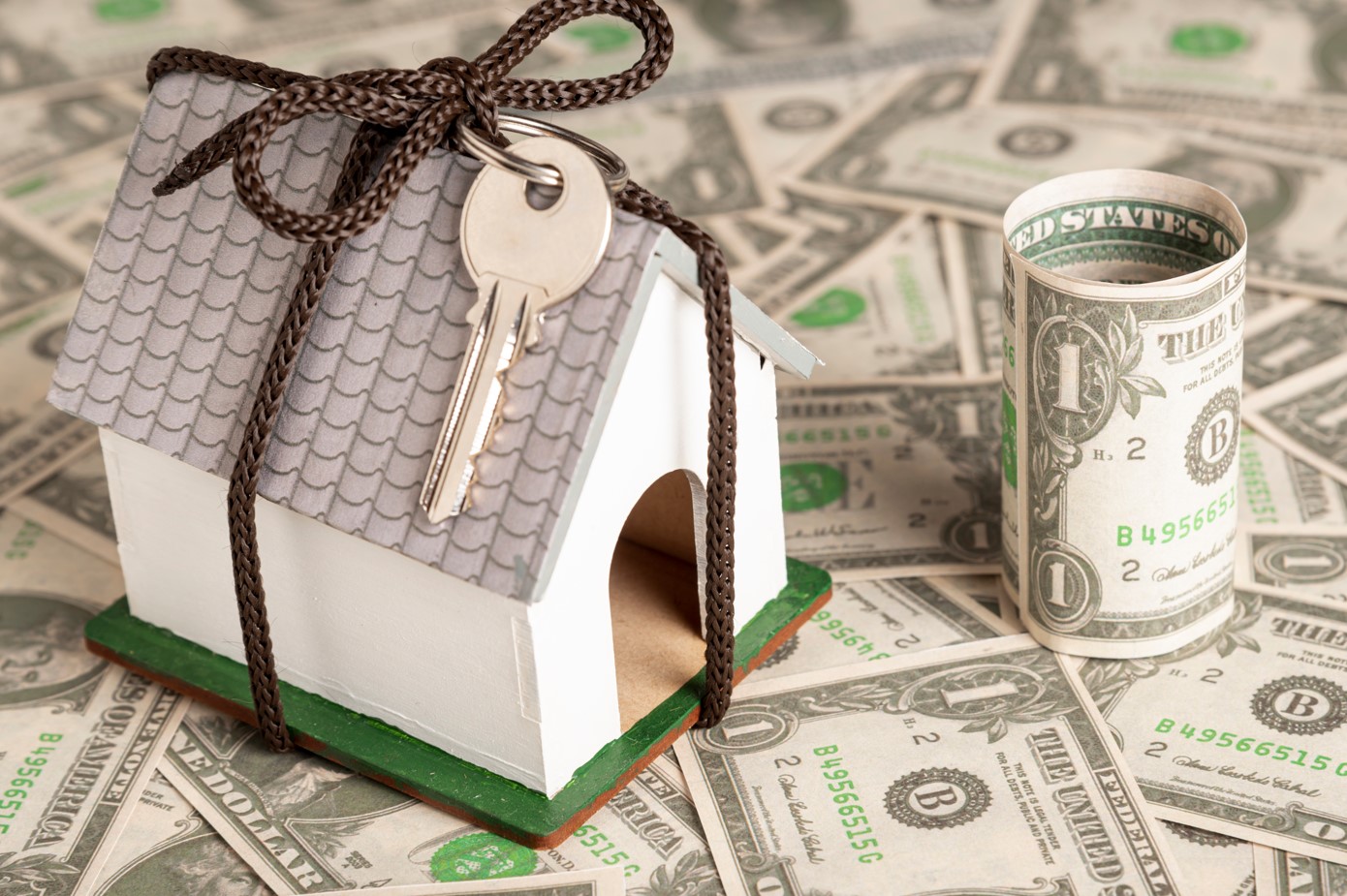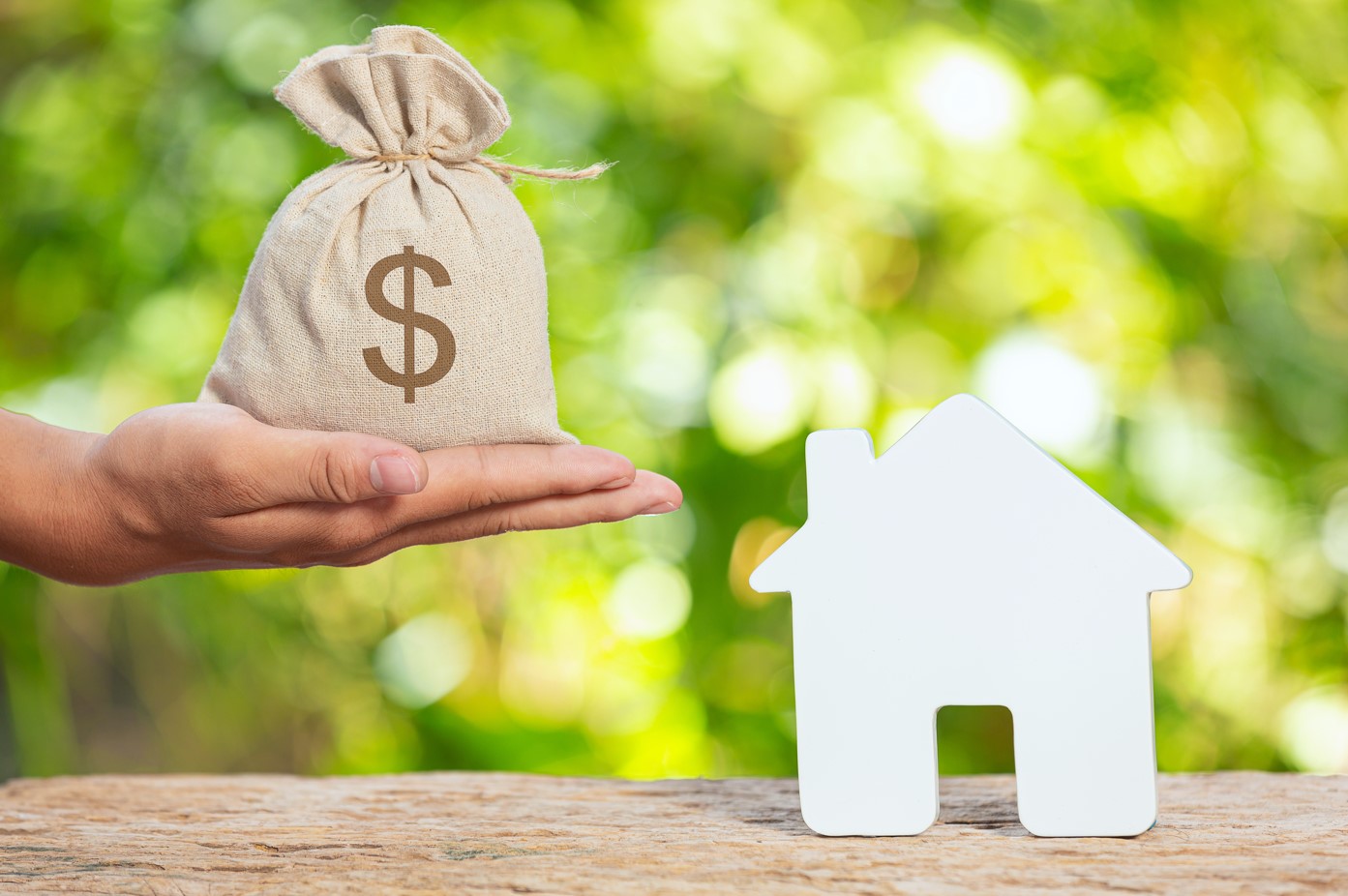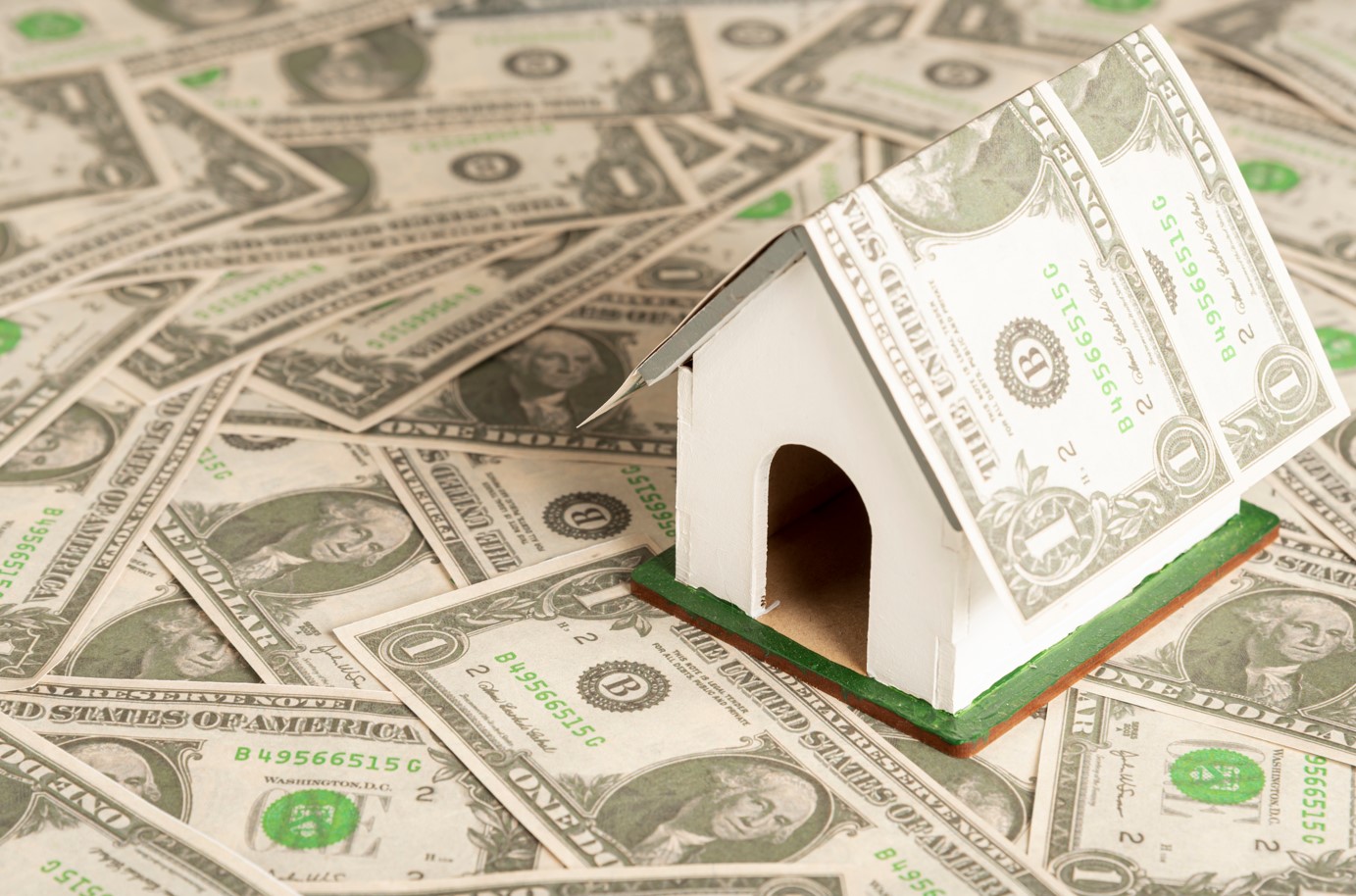
What To Do When You Sell Your House
Escrow involves holding funds until the end of a transaction or an agreement. In real estate, escrow ensures sales proceeds go to the parties at the right time. In most cases, the buyer and seller each put money into escrow during negotiation, which will hold the money until the conclusion of the deal, at which point the appropriate parties get their money back. So, escrow is a kind of security for both parties.
When you bought your property, you likely received a mortgage to finance the purchase. Your mortgage payment goes towards the principal (the amount owed on your loan), interest, and escrow (for taxes and insurance).
Assuming you’ve been following your real estate agent’s advice about staging and preparing your house for sale, there should be a good amount of money in escrow when you sell. When the sellers agree to have the funds held until the sale is completed, the real estate agent representing them holds it. If you go through an escrow company, they will transfer the funds to your bank account or provide you with a check.
Completion of the Sale
Suppose everything went according to plan, and you completed the sale of your house within a reasonable timeframe. If the sale took longer than expected to end, or something went wrong (such as a dispute with the buyer), you may need to contact the escrow company to find out what happened, and whether they can refund your money. In that case, the escrow company should have received notification of the sale and sent you a refund for any funds held in escrow.

Escrow Balance Refund
After the homeowner sells their house, the lender who closed the loan must usually reimburse any escrow account balances within 20 business days. However, this isn’t always the case; homeowners may have to wait longer for their money; sometimes, the lender may not even know that an escrow balance exists.
So, if you’re waiting more than 20 business days for your escrow refund and are concerned about why it’s taking so long, you can contact your lender or consult a mortgage broker.
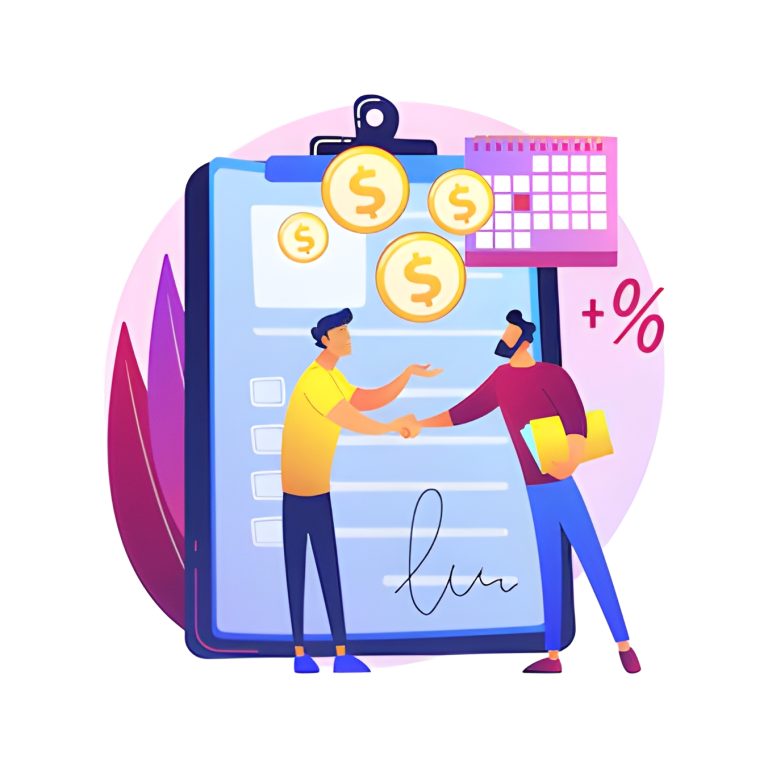
Escrow in a Short Sale
When a one purchases a house, their lender must provide the previous owner(s) of the house with an escrow account, which is the amount of money deposited into an account and held by the seller until the buyer has received all sales payments (taxes, fees, and repairs). If you follow a short sale, the outstanding mortgage balance, you might have to forfeit your claim to any excess escrow account refunds.
Your escrow account’s remaining balance might be owed to you by your previous mortgage lender; this refund can take at least 20 business days to process. Contact your lender immediately if you don’t receive this refund within 20 business days. If you sell your house, you may still have to pay the escrow account to protect the buyer’s interests.
If you sell your house before you pay off the loan, moving out and closing can be daunting. However, having an organized escrow account will make the process much easier. It will assist in preventing expensive mistakes and speed up the timeline by eliminating the need to coordinate multiple parties and wait for paperwork to be processed.

Selling Your House: Tips to Ensure a Smooth Process
Selling your house can be a stressful and time-consuming process. But it doesn’t have to be! Again, selling your house can be challenging, but it can go smoothly with some preparation and savvy escrow negotiations! Make selling your house quickly much more straightforward by taking all the necessary steps.
You should adhere to these following points if you want a smooth transition:
Prepare all the paperwork.
Make sure you have all of the necessary paperwork in order; including your deed, mortgage info, and any other important documents related to your property. Having everything ready will speed up the process and help avoid potential delays.
Get professional photographs of your house.
You want to sell your house as soon as possible and for the most money, so it’s time to hire a professional photographer to help make your house look its best! You know a good presentation is essential, so stage your house and clean it up.
With the right photos, you’ll be able to attract buyers and get the price you want. This will give buyers an accurate snapshot of your property and highlight potential problems or issues.
Create an accurate marketing strategy.
When you have to sell a house fast, you’ll want to do so quickly and at the highest price. Therefore, having a solid marketing strategy is crucial.
By putting together, a solid plan, you’ll be able to promote your house in a way that’s both effective and appealing to potential buyers.
Negotiate early and often.
While there’s no guarantee that every sale will go smoothly, being proactive makes you more likely to achieve a successful outcome. Therefore, it is necessary to be proactive and keep things ready ahead of time.
It is a must to have a contingency plan for the unexpected. This can include putting money aside for repairs, staging tips, or even moving costs, if necessary. By being prepared for anything, you’ll reduce stress and minimize the chances of unpleasant surprises down the road!
What To Do When Selling Your House: Escrow Concerns Answered
When you sell your house, the escrow account set up to cover the costs of homeowner’s insurance and property taxes goes away. Your lender will then issue you a check for the remaining amount in that account.
In most cases, the escrow agent who transfers the buyer’s funds to the seller must release those funds by law when you sell your house. The escrow agent will return any excess funds in escrow at the sale unless any fees or costs are incurred.
Upon closing the sale, the lender releases the escrow account to you. You are responsible for outstanding taxes, homeowners’ insurance, and closing costs. If there is a deficiency on your mortgage, the lender may require you to pay them first before releasing escrow. The buyer should also be aware of restrictions on when or how they can use your house after selling it.
When you sell your house, the lender (the responsible party for making property tax and homeowners insurance payments on your behalf) no longer has any responsibility to pay those bills. The lender must also close the escrow account once the sale is complete. If there’s a balance remaining in the escrow account, the lender will usually refund that money to you.
- The money in your escrow account is generally protected from loss if you sell your house. The real estate firms typically handle the money transfer to the new owner and any related closing charges.
- If your sale includes a loan or mortgage, the lender may take possession of the funds in your escrow account and release them to the buyer on completion of the sale.
- An escrow account happens in connection with an exchange of property or money. The person selling provides the escrow account with cash or property, and the person buying provides a guarantee that they will pay the seller after the deal completion.
- After the sale, a buyer or seller's lender gets the money in the escrow account.
- You may have some residual rights to access the funds in your escrow account after the sale is complete.
- When you sell your house, the escrow account typically holds a percentage of the sale price to cover any outstanding mortgage or other obligations on the property.
- You should contact your lender or real estate agent if you have any questions about what will happen to your escrow account after you sell your house.
- The escrow account will be closed when you sell your house and will complete any pending transactions. This means they'll release the money to pay for property taxes and homeowners' insurance. If there are any questions or concerns, one should address them immediately so that nothing unexpected happens during closing. You may need to contact your lender or real estate agent to ensure they handle everything correctly.
- If the sale of your house does not go through as planned due to a shortage in the escrow account, your lender may require you to pay the shortfall before they releases their claim on the house's title. This protects you from having two liens on one property - one from the buyer and one from the lender.
Conclusion
When you sell your house, you pay the buyer and seller out from the escrow account. At the outset, an amount is set aside in an escrow account to hold reserves. This money covers any costs of the sale, such as taxes, inspections, and attorney fees. After paying these costs, the remaining funds in the escrow account go to the buyer and seller.
Selling houses is our specialty; allowing us to help you with your purchasing and selling needs. Selling your house can be a significant choice, but it doesn’t have to be complicated – you can sell your house quickly after listing it on the market with the help of a professional real estate agent.
So, if you’re ready to experience the benefits of a
hassle-free home sale, contact us today for a free quote and cash offer!


